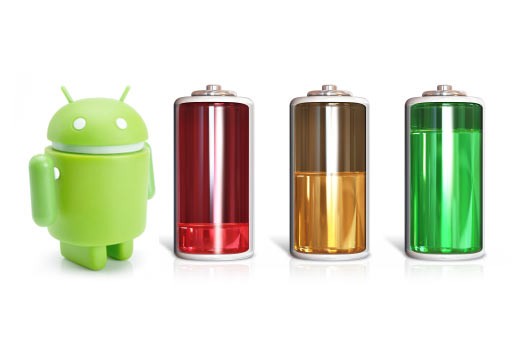So you finally go ahead and get that shiny new latest touch-screen smartphone with all those awesome features, and can’t wait to load it up with your favorite apps and show it off to your friends. You catch up with your pals, and everyone is drooling over your your new gadget, admiring the brilliant display, and how GTA plays so smoothly on the device. But hey, what’s that – a low-battery notification, and your show off session has come to an end. How often have you faced this situation, not exactly the showing off bit, but in the same context, when your phone starts running out of battery just when you want it to stay with you? The answer probably is – more times than you would care to remember.
Battery life on modern day smartphones, has been a perpetual area of concern, leading to availability of a variety of apps, a lot of them paid ones, which claim to conserve, or even boost your battery life. Not to mention additional battery packs, and higher capacity spare batteries big enough to need a special back panel for your device. The sad truth is, that unless the battery technology itself improves, there is little that these apps can to do to actually improve your battery life, without turning off services that you otherwise would not, if you were on a full battery.
Massachusetts based tech startup, Eta devices claims that it has invented a new power amplifier design that could double the life of popular battery powered consumer electronics like smartphones, by cutting the power consumption to half. Most battery life consumption in a smartphone is due to inefficient radio-signal handling from cell-towers, which consumes a lot of battery power. Smartphones warming up while downloading a file, or streaming a YouTube video is largely due to inefficiencies in the power-amplifier chip on your device.
ETA’s technology is still being tested in labs, and is expected to be commercialized in 2013, with LTE base stations in the US. The idea is to reduce the energy usage of the base station by half through improved power-amplifier efficiency. If successful, the same tech can be scaled down to a smaller chip for usage in smartphones to increase battery life by double.
Sounds pretty fancy, but if it actually works out, we could be pulling a lot more juice off the existing batteries, and getting a lot more usage from our phones. Hope that day comes soon.





